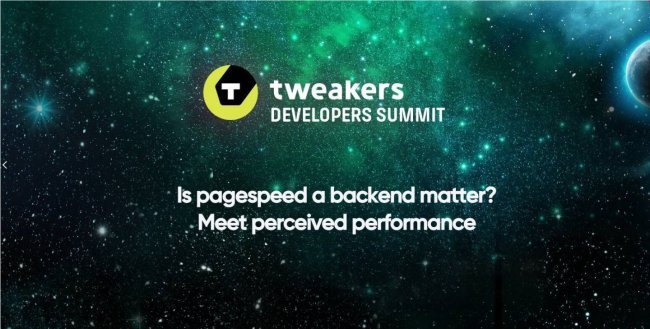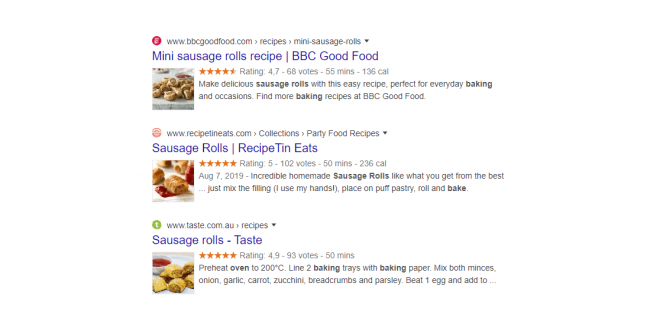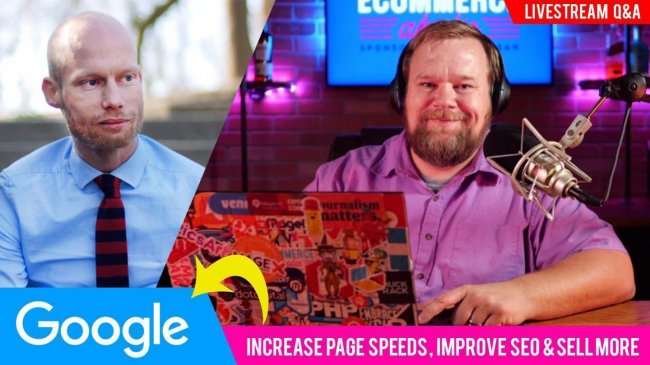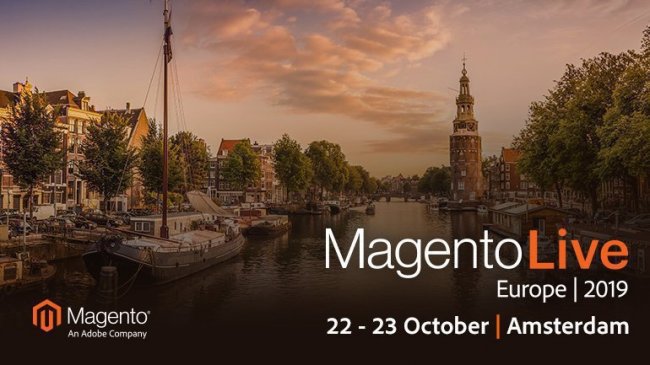
Why using a library instead of native lazyloading
To lazyload or not to lazyload images? From a user and performance perspective, you should lazyload images, but should you use a JS library?
Can't get enough? I'm regularly sharing snack bite tips and advice on LinkedIn as well.

To lazyload or not to lazyload images? From a user and performance perspective, you should lazyload images, but should you use a JS library?

Browsers are always trying to optimize as well. Some browsers already support lazyloading of images and iframes, using the loading attribute.

Resource hints or preloading is hot, I see it more and more in an attempt to (allegedly) improve website/shop performance, by preloading some assets.

Although most of my work is pagespeed-related, I also like to address web accessibility and carbon emission when doing R&D for our website-producing CMS.

DNS over HTTPS, Mozilla and Chrome already started experimenting with this a while back, to encrypt the last part of web traffic that isn't secure yet by default. But what really is the impact on privacy, security, as well as performance?

Last Thursday, I spoke at the sold out Tweakers Developers Summit. I talked about performance with a bit of conversion/UX/SEO/AMP and PWA.

Have websites been misusing push notifications? Website owners started to abuse push notifications with user complaints as a result. The idea was great, but now Google itself is stopping it.

As of April 6, 2020, data-vocabulary.org markup will no longer be eligible for Google rich result features. Nothing new here for webdevelopers and SEO specialist out there. However..

Last Thursday, January 16th, I joined TJ Gamble's livestream to answer some PageSpeed related questions. Critical CSS was one of the subjects. Just before the livestream, I published a code snippet to auto-enable CSS critical Path within Magento 1.

Progressive Web Apps have quite some advantages. The biggest one being a web-product with a native-like feeling. But it is also fast and mobile first, or rather should be. This is the untold story about PWA, impacting your conversion.

Twitter exploded when Chromium announced it. Chromium is describing it as "Moving towards a faster web", which is a clear signal towards digital agencies and other websites builders. What to expect?

As of version 2.3.3, Magento introduced CSS critical path. Users will experience a faster loading product-page when applied (correctly)!

Have you been to Magento Live in Amsterdam and did you speak the Google PageSpeed crew about your pagespeed score? I already heard some e-commerce owners, the Google PageSpeed crew might have given you some wrong insights, which I am going to answer instead.

Should you favor skeleton loading over spinner loading, and what would be the difference between building a PWA or server rendered website?

We all use JS, custom fonts, images and maybe even video's within our website or webshop. We can now reduce our load and speed up article- or product pages based on user preferences.

A better perceived performance and thus user experience, will result in higher conversion and thus revenue.

You want your e-commerce to use most supplier-efficient and cost friendly delivering process. At the same time, you want to keep calculations and thus memory outbursts to a minimum.

Before helping an e-commerce company with improving their pagespeed, sometimes I create a proof of concept first. By doing this, stakeholders will get a better grasp of what can be achieved in real life.

First Meaningful Paint is one of the six performance metrics tracked and displayed by Lighthouse. It measures when the primary content of a page is visible, but is more of a guess. It became time for a new metric.

You might want to publish your (new) website or webshop on the www-prefix of your domain. This will decrease network latency, when doing it the other way around for your images, making your online business even faster.